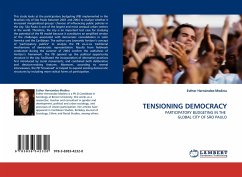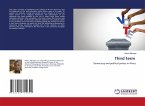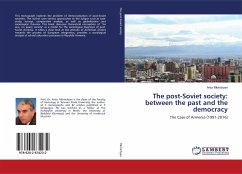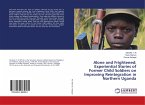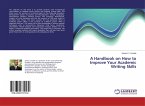This study looks at the participatory budgeting (PB) implemented in the Brazilian city of São Paulo between 2001 and 2004 to analyze whether it increased marginalized groups chances of influencing public policies in the city. São Paulo is one of the largest and most unequal urban centers in the world. Therefore, the city is an important test case for studying the potential of the PB model because it constitutes an amplified version of the challenges associated with democratic consolidation in Latin America and the Caribbean. The author uses Leonardo Avritzer s concept of "participatory publics" to analyze the PB vis-à-vis traditional mechanisms of democratic representation. Results from fieldwork conducted during the summer of 2004 confirm the usefulness of Avritzer s framework. The PB opened up the political opportunity structure in the city, facilitated the incorporation of alternative practices first introduced by social movements, and combined both deliberative and decision-making features. Moreover, according to several interviewees, the PB "tensioned" or helped to expand existing democratic structures by including more radical forms of participation.
